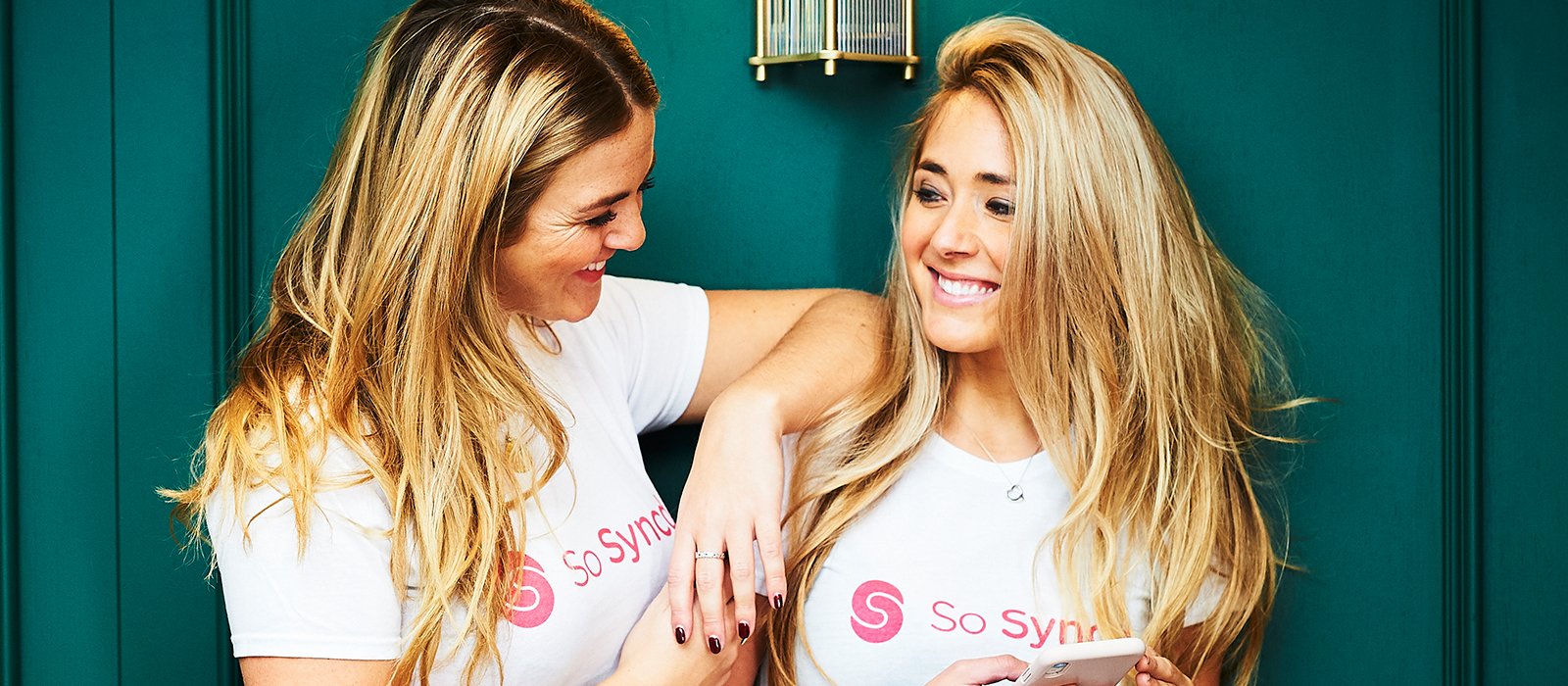London-based dating app So Syncd has raised $1 million to help you find love by employing a Myers-Briggs personality types based algorithm.
The round was led by Upscalers investment club, and saw participation from KM Capital and a number of angel investors.
“Technology has come such a long way over the past decade yet dating apps are still based on looks. So Syncd adds the missing piece of the jigsaw puzzle: personality compatibility,” comments So Syncd co-founder and CEO Jessica Alderson.
Co-founded by sisters Jessica and Louella Alderson and launched in the midst of the global pandemic, SoSyncd reports over 60,000 users, helping 462 couples fall in love, and two marriages accounted for.
The Elephant in the Room
Ok, let’s be clear here, the Myers-Briggs test doesn’t exactly have the cleanest track record. While the Myers-Briggs is one of the world’s largest personality type indicators, 80% of Fortune 500 companies report employing the test, it’s also one of the world’s most often scrutinised.
The short version of the Myers-Briggs test goes as such, American writer Katharine Cook Briggs, who was fascinated with Carl Jung’s book “Psychological Types” began “typing” everyone she knew. After the loss of the family fortune during the 1930’s economic crash, Briggs’ daughter Isabel Briggs Myers formalised her mother’s work into a 93 question test designed to “typify” any and every personality trait.
At the end of the Second World War, the Office of Strategic Services (forerunner to the Central Intelligence Agency) became interested in the mechanism, seeking a tool to effectively assign intelligence operatives in Europe.
Of note, neither Cook Briggs nor Briggs Myers formally studied psychology. Again, based on Jung's work, the duo moved it forward, adding their own insights.
Additionally, Marietta College Department of Psychology Chair David J. Pittenger’s research concludes, “... that the MBTI does not conform to many of the basic standards expected of psychological tests. Many very specific predictions about the MBTI have not been confirmed or have been proved wrong. There is no obvious evidence that there are 16 unique categories in which all people can be placed. There is no evidence that scores generated by the MBTI reflect the stable and unchanging personality traits that are claimed to be measured. Finally, there is no evidence that the MBTI measures anything of value.”
Owning Up
First commecialised in 1975, the Myers-Briggs Company is the exclusive world-wide publisher of the test according to former General Manager Suresh Balasubramanian.
In an interview with USA Today, Balasubramanian commented, “The research discrediting the MBTI is outdated, but the statistics have been so often repeated by subsequent articles and studies that it created a sort of "Internet myth.". The problems those researchers encountered have long since been fixed.”
"When you look at the validity of the instrument it is just as valid as any other personality assessment.”
Secret Sauce
Granted, every startup has its own secret sauce, to be sure. Have the Alderson sisters come up with an algorithm that can best some of the critics of the MBTI methodology?
“The Myers-Briggs model is a powerful tool which has helped hundreds of millions of people around the world better understand themselves and others. Like all powerful tools, it should be used correctly,” says CEO Jessica Alderson. “There are numerous studies that present a robust justification against claims the MBTI and other personality type tests are invalid.”
I also want to point out something crucial here, algorithm. SoSyncd is not simply swiping the Myers-Briggs model off the shelf and converting it into an app.
“The algorithm was initially developed over the course of a year spent speaking with couples and singles about their current and previous relationships,” explains Jessica. “We have a growing data set of relationship successes that we are now able to use to refine the algorithm. We have a highly dedicated tech team that manages the complexities of our matching algorithm.”
Putting the app to the test myself, I first took a free personality test, based on the Myers-Briggs assessment tool, and achieved one result. Moving over to the app, I answered the questionnaire at signup, and, I have to say, the results were spot on in similarity.
The Edge of the Earth
At the end of the day, we’re all looking to love and be loved. And if two sisters from London are going to help us get there, who am I to question it? Maybe Myers-Briggs isn’t perfect. Maybe it is, but when it works, it works.
And let’s not forget, if all the “research” was right, Cristoforo Colombo would have sailed right off the edge of the earth. And where would that leave us today?



Would you like to write the first comment?
Login to post comments